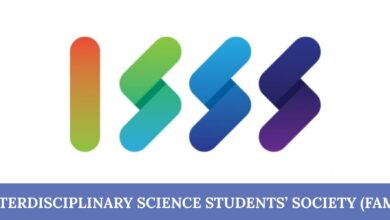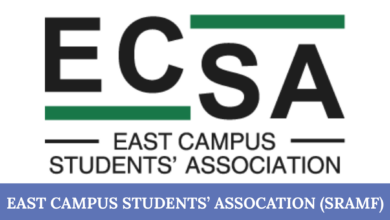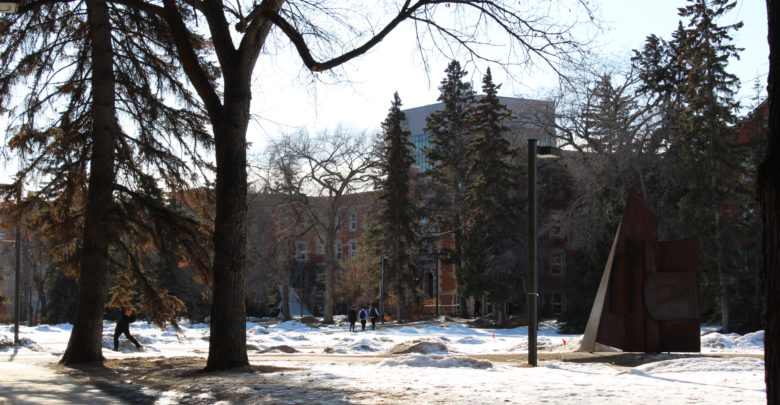 Amanda Sparks
Amanda SparksTwo University of Alberta professors have recently been awarded the Killam Fellowship for their work and research in promoting racial advocacy in Canada.
The Dorothy Killam Research Fellowships are granted to support exemplary Canadian scholars to pursue their research into areas of broad significance. The fellowship gives each winner $80,000 each year for two years, to further their respective areas of research.
Professor of sociology and criminology and associate dean of the faculty of arts, Temitope Oriola has been awarded the fellowship for research into marginalized groups working within the criminal justice system. Kisha Supernant, is the director of the Institute of Prairie and Indigenous Archaeology in the department of anthropology who does research on Indigenous history and policy. She has done work in recent years on helping uncover unmarked graves at residential school sites.
Oriola focuses on the BIPOC workers of the criminal justice system
Oriola’s research focuses on the study of people in Black, Indigenous, and people of colour (BIPOC) communities, and their roles and experiences as professionals in the Canadian justice system.
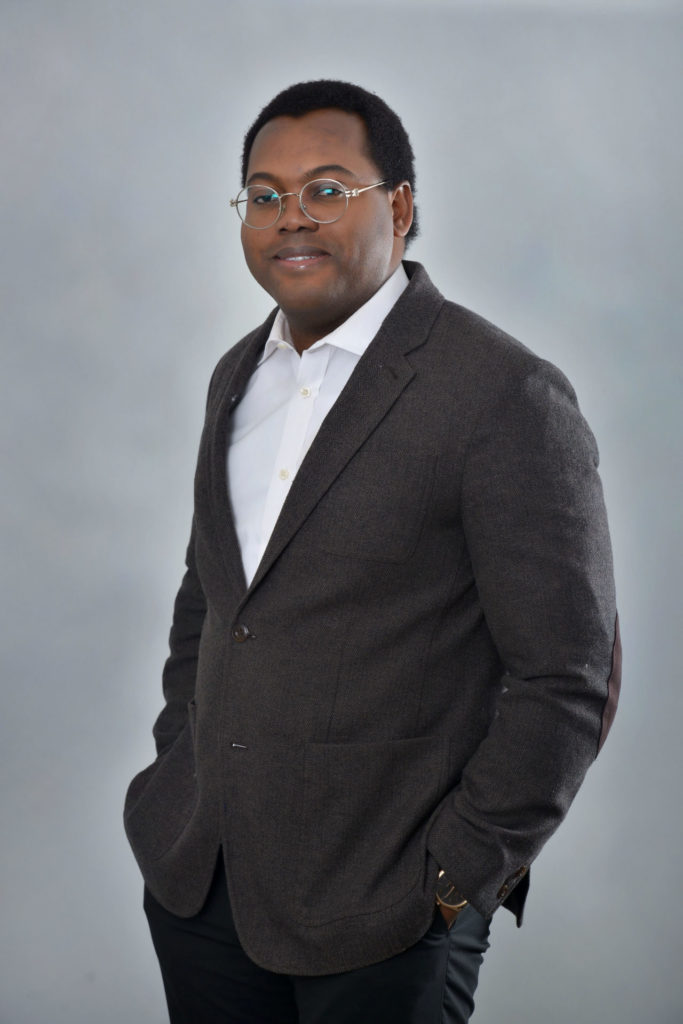
and associate dean of the faculty of arts,
Oriola said that his original interest in criminology came from plans to join the Nigerian military, like his father, but found he was passionate about researching the subject instead in university.
“It was both the spoken and unspoken expectation to follow in my father’s footsteps … I grew up wanting to do that — and that fundamentally shaped what I studied in university.”
“As a student at the University of Manitoba, I was intrigued by the way newer Canadians perceived the Canadian justice system.” He added that newer immigrants’ views of the system were unique in their higher levels of trust and confidence, contrary to the low levels that literature of the time was suggesting.
Oriola also took part in collaborative research about electromagnetic disruption technologies, like the taser. At that time, the police killed approximately 25 people in Canada using this technology. In these cases, all of the people killed were men and a large portion had a history of mental illness, Oriola added.
This research was the backdrop for his future work as he saw public opinion change.
“Everything else was built on that,” Oriola said. “At the time, it seemed that there wasn’t much appetite for engaging with the use of force, in the Canadian context, at least. The killing of George Floyd fundamentally changed that.”
“The Killam project builds on that trajectory of scholarly work, dating back to my MA thesis on the police’s use of force,” Oriola continued.
Oriola’s work diverts from the usual stream of focusing on the victims in the criminal justice system, and refocuses on the professionals in that system.
Oriola said that he was interested in studying the experiences and perspectives of underrepresented individuals within criminal justice organizations. By focusing on BIPOC individuals working in the system, he hopes this allow for reforms and more diverse perspectives.
“What does it feel like to be an Indigenous Edmonton city police officer? What are their assessments of the various movements and social agitations around the various institutions they represent?”
With his fellowship, Oriola said he plans to bring on more graduate students who can collaborate on this research with him. He also wants to conduct more interviews and disseminate his findings.
“As a public intellectual, I’m also quite invested in making sure we go beyond academia, so we will be making presentations to all stakeholders from the city to federal levels, ensuring that the public and policy makers are well informed about our findings.”
“It’s very important that Indigenous peoples tell our own stories,” says Supernant
The second recipient of the fellowship, Supernant, said that similarly to Oriola, she also became interested in her field at a young age.
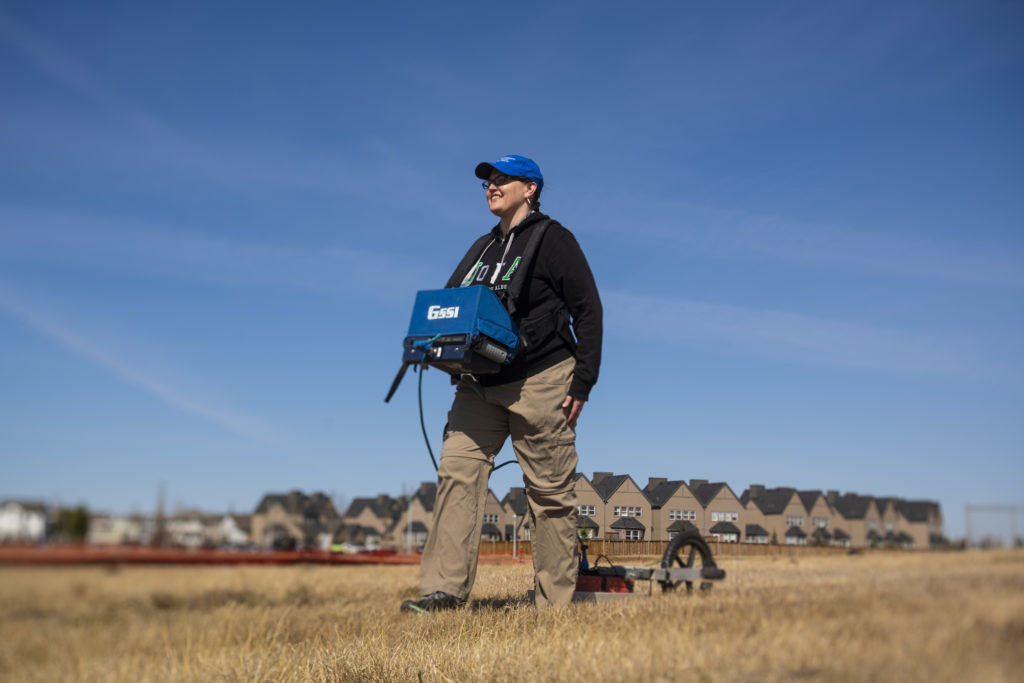
“I got interested in archaeology when I was a teenager, but then I had an opportunity to work with an Indigenous community in British Columbia and that’s what really set me down this path of working with and for Indigenous communities, including my own. That has been a very rewarding path so far.”
Supernant’s research focuses on the empowering of Indigenous communities and the protection of their heritage. As a Métis person, Supernant said that it is important for Indigenous peoples to be involved in this work.
“I think it’s very important Indigenous peoples are empowered to tell our own stories. For a very long time, the main voices around our history have been non-Indigenous academics.”
“People learn about the history of these lands through publications telling that kind of history, and that means so much. There’s so much more to the rich, deep, and vibrant history of these lands.”
Supernant also works on aiding communities to develop culturally-appropriate heritage policies, but that supporting these policies has to be driven by the nations themselves. She emphasized that Indigenous peoples don’t have a lot of say in the protection of their heritage, especially in their artifacts, as many end up in museums not controlled by Indigenous peoples.
“What I hope to see in these policies is a centring of Indigenous values,” she said. “Whatever is specific to that particular nation around their heritage and seeing how they wish for [their heritage] to be protected and cared for.”
With the fellowship, Supernant can focus on providing good outcomes for Indigenous communities, both in specific heritage policies and national discussions of how heritage protection should be handled.
“This is a really important time for this conversation,” Supernant said. “The Truth and Reconciliation calls to action has opened a space where we can talk about how Indigenous rights to heritage need to be enshrined in law, and how communities need to be empowered to take control over that heritage.”
“Canada has committed to implementing the United Nations Declaration on the Rights of Indigenous Peoples, and part of those rights is the right to our own cultural heritage.”

